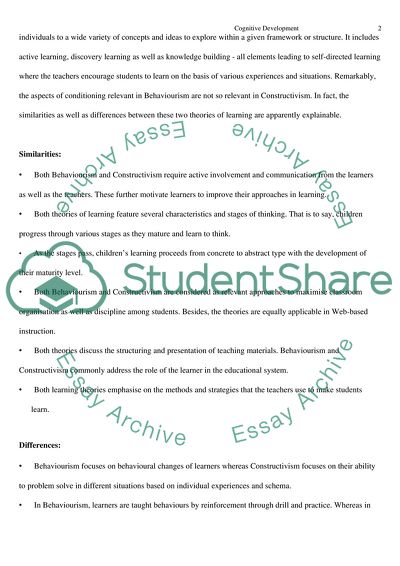Cite this document
(Cognitive Development Assignment Example | Topics and Well Written Essays - 1500 words, n.d.)
Cognitive Development Assignment Example | Topics and Well Written Essays - 1500 words. https://studentshare.org/psychology/1735799-cognitive-development
Cognitive Development Assignment Example | Topics and Well Written Essays - 1500 words. https://studentshare.org/psychology/1735799-cognitive-development
(Cognitive Development Assignment Example | Topics and Well Written Essays - 1500 Words)
Cognitive Development Assignment Example | Topics and Well Written Essays - 1500 Words. https://studentshare.org/psychology/1735799-cognitive-development.
Cognitive Development Assignment Example | Topics and Well Written Essays - 1500 Words. https://studentshare.org/psychology/1735799-cognitive-development.
“Cognitive Development Assignment Example | Topics and Well Written Essays - 1500 Words”. https://studentshare.org/psychology/1735799-cognitive-development.


